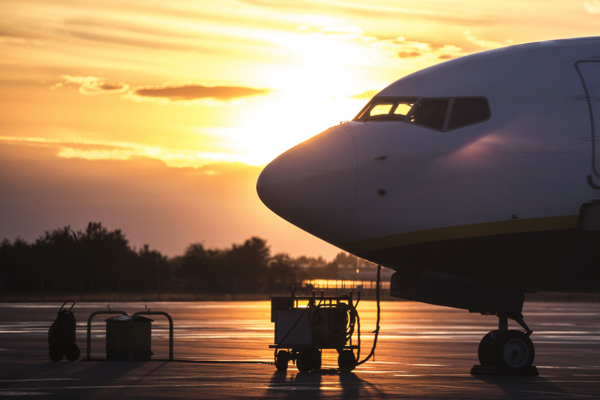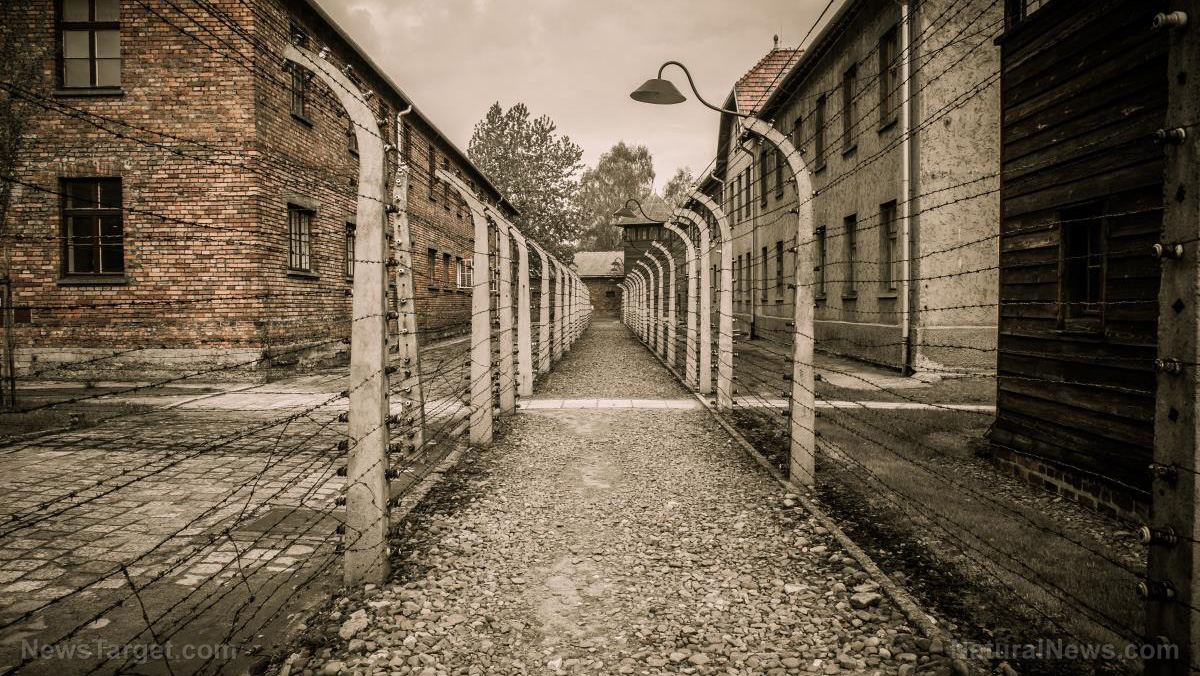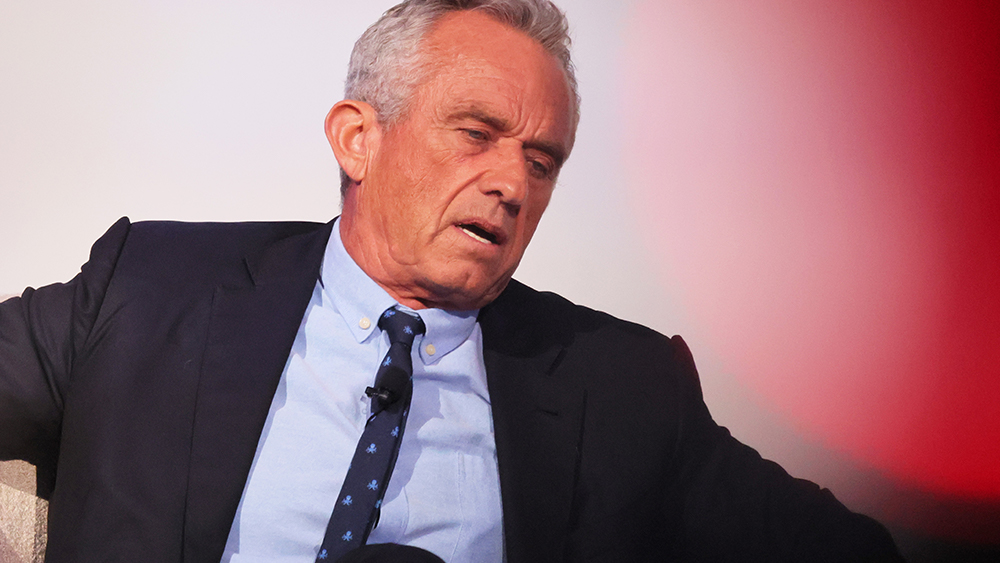 Parler
Parler Gab
Gab
Russia, Belarus hold tactical nuclear weapons drills in response to West's daily provocations
In its total contradiction of the West's ramped-up support for Kyiv amid the escalation Russia-Ukraine conflict, sources reported that the Eurasian country and Belarus have already begun the second stage of tactical nuclear weapons drills. Russia announced the exercises last month after French President Emmanuel Macron said he would not rule out deploying troops to Ukraine under certain conditions. The U.S. and some other NATO allies have already given Kyiv the greenlight to use Western-supplied weapons on targets in border areas of Russia. In the drills that began on June 11, the Russian Ministry of Defense said troops of the two countries would undergo joint training in non-strategic nuclear weapons used in combat. The government agency also stated that the operation was to ensure personnel and equipment readiness concerning the "sovereignty and territorial integrity" of the alliance between Russia and Belarus. Kremlin spokesman Dmitry Peskov told reporters that the situation in Europe was quite tense and that such drills and maintaining combat readiness were important because of the "hostile actions" by the U.S. and its allies as well as their "daily provocations." Last year, Russia moved some of its tactical nuclear weapons into Belarus, which also borders Ukraine and NATO members Poland, Latvia and Lithuania. Belarus' President Alexander Lukashenko has relied on close ties with Russia and provided his country as a "practice ground" for the conflict in Ukraine. Tactical nuclear weapons include air bombs, warheads for short-range missiles and artillery munitions and are meant for use on a battlefield. Usually, they are less powerful than strategic weapons, huge warheads that arm intercontinental ballistic missiles and are intended to destroy entire cities. U.S. officials reported that they have seen no change to Russia's strategic posture, although senior intelligence officials say they have to take Moscow's remarks about nuclear weapons seriously. Visit NuclearWar.news to read updates on the nuclear catastrophe that could unfold. Watch the video below that talks about Russia's threat to supply advanced weapons in retaliation for NATO escalation in Ukraine. This video is from Rick Langley's channel on Brighteon.com.More related stories:
Russian foreign minister: Delivery of F-16 jets to Ukraine a "deliberate" signal that NATO is pushing for nuclear war. Medvedev warns that any U.S. strike on Russian targets will be the "start of world war." U.S. accused of taking out Russian nuclear missile early warning system in latest escalation. Sources include: RT.com ArmsControl.org AsiaToday.id AlJazeera.com Brighteon.comFAA probes Boeing and Airbus over alleged use of COUNTERFEIT TITANIUM in aircraft parts
By Olivia Cook // Share
Israeli arms exports hit record sales for third year in a row despite war in Gaza
By Laura Harris // Share
Governments continue to obscure COVID-19 vaccine data amid rising concerns over excess deaths
By patricklewis // Share
Tech giant Microsoft backs EXTINCTION with its support of carbon capture programs
By ramontomeydw // Share
Germany to resume arms exports to Israel despite repeated ceasefire violations
By isabelle // Share










